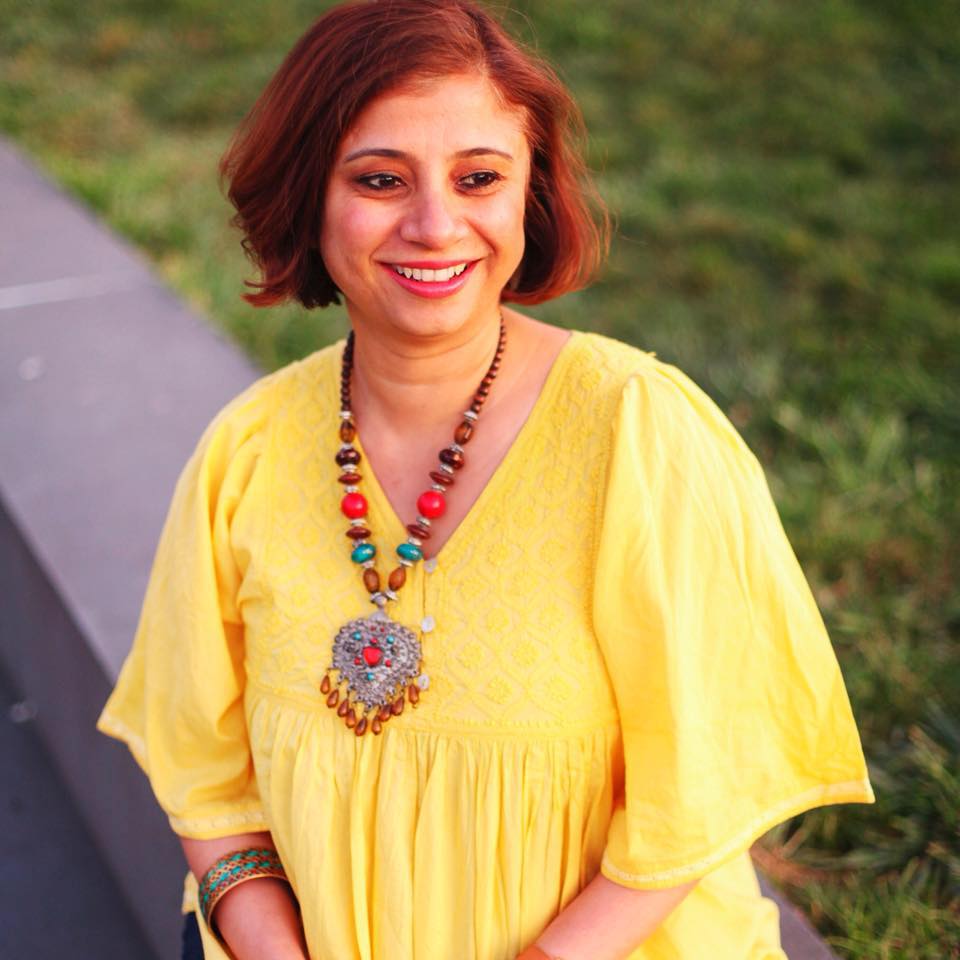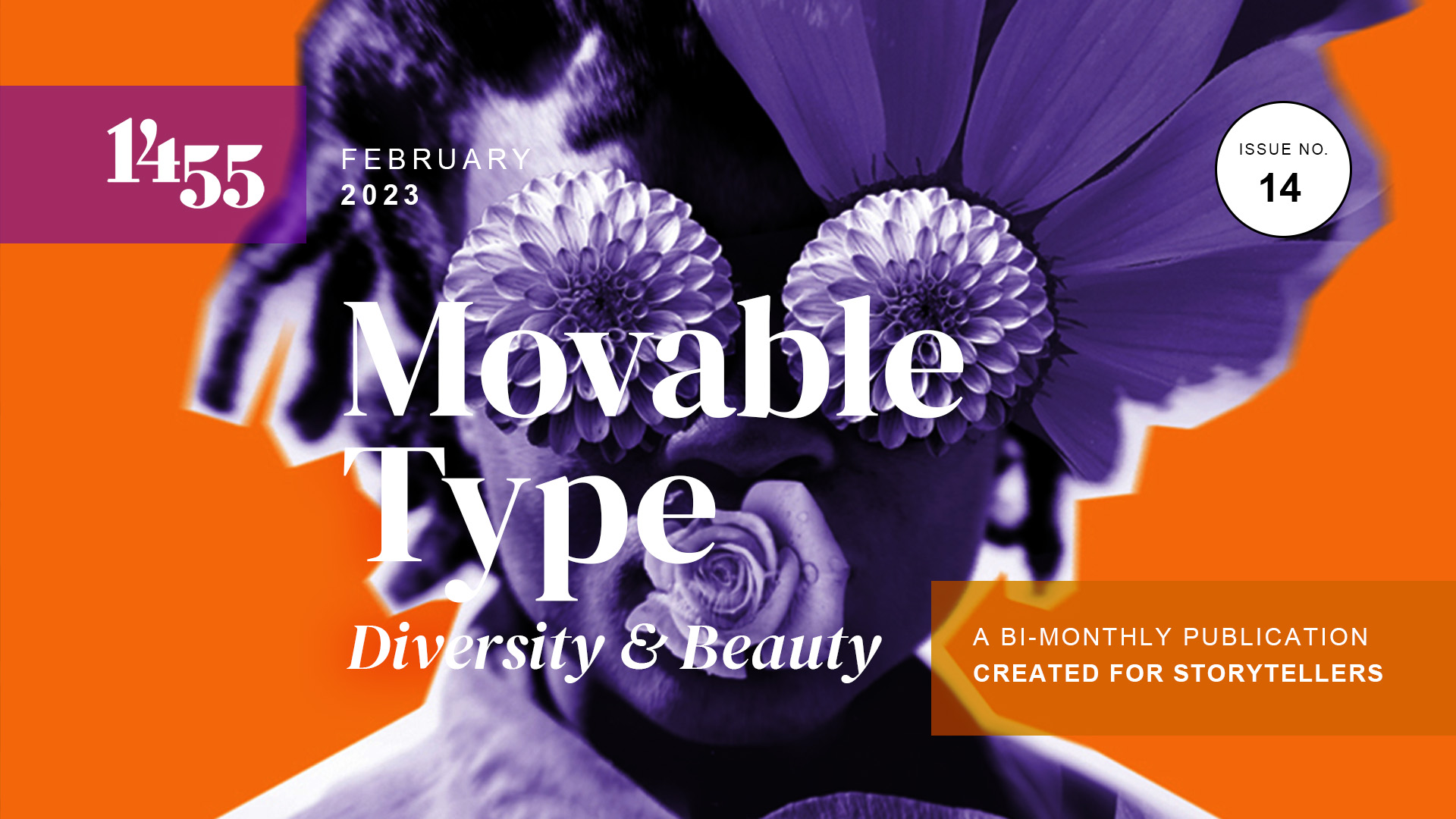Sweta Vikram
Let’s diversify our listening:
gut instead of the brain
He is a “Male Karen!” My friend announced at lunch as she bit into a succulent slider.
I looked at her face in disbelief.
“What do you mean?” I popped a potato chip into my mouth. The crunch was louder than my angst. At British bars and restaurants in New York City, they serve potato chips instead of fries with burgers, sandwiches, and sliders.
“You know who Karen is, right?”
“Of course,” I shifted in my seat, partially amused that my friend doubted my Urban Dictionary skills.
“He is a hater, and he wouldn’t do this to a white woman,” my friend threw her dirty napkin on her plate.
I don’t take racism lightly. As a South Asian immigrant woman, who grew up across three continents, I am familiar with racism, casteism, sexism, misogyny, xenophobia, and many others isolating words ending in “ism.” But I am also an optimist who looks for the good in people.
I won’t write the details of what this old, white man did. This is for three reasons: (1) Knowing how much to share without making yourself sick is a special skill I learned in the ER. (2) Not everyone deserves a mention in your stories, no matter how much they upset you. (3) I am a yogi, studying to be an Ayurvedic doctor—I am made up of equal parts science and spirituality. I know karma will teach this man a lesson when the time is right.
What I do want to write about is gut instincts, sixth sense, or a hunch…whatever you want to call it. Listen to it. I didn’t and that created a huge setback.
What are gut instincts? It’s the sensation at the pit of your stomach—a nagging feeling of unease about a situation. “I believe in intuitions and inspirations. I sometimes feel that I am right. I do not know that I am,” Albert Einstein told the Saturday Evening Post in 1929.
Have you ever met someone who you instinctively didn’t like? Felt suspicious about a person you just met and doubted their intentions? Ever get into an argument with your partner after spending time with a certain person because their energy was so toxic? The thing is … you can’t explain your feelings logically, but you know something isn’t quite right.
This “Male Karen”—a colleague’s husband—always made me queasy. He has a fake aura about him—one of those people who pretend nothing bothers them, and they never get angry. You can see the anger in his face, eyes, and words. His breathing changes if someone else is praised in front of him or given more attention. But he folds his hands in namaste and bows his head in gratitude, trying to convince himself of his magnanimity. Forget anger; I have never seen him laugh fully. At the end of every sentence, he feels compelled to praise his wife.
As an Ayurvedic doctoral student focused on mental health and emotional wellbeing, this is a red flag in an individual as well as a relationship. The narcissistic man has no friends or close networks that he socializes with. It’s him and his new wife.
“What specifically bothers me about this person or situation?” or “Has something like this happened before?” I kept asking myself every time we met. But nothing. He pretended to be in love with everything Indian to a point where he would explain to me what Diwali represented. But slowly, there were snarky remarks about Indian culture, desi family values, and relationship management. I always thought it was interesting that a once-divorced man estranged from his parents, siblings, and own children preached unabashedly about the value of “roots” when he had obliterated everyone from his past. But I decided my suspicions might have come from nerves.
Every time that we met him, I felt the need to protect myself and my marriage. I wanted to burn sage. I am honest to a fault, which is what people love (or hate) about me. But after meeting him, I was filled with self-doubts and would argue with my otherwise very chill husband about things I didn’t care about. Bad energy is contagious and spreads fast.
One of my Ayurveda mentors said, “Men like him, they are narcissistic and toxic. They will behave in a passive-aggressive way that will create trouble in your own relationship. That’s his goal. Keep away from such negativity, Sweta.” This wise teacher/mentor is also a Caucasian man who understands privilege and entitlement from a far closer perspective.
One day, this “Male Karen” found me alone and verbally attacked me. “I am exhausted learning about your schedule,” his tone was condescending. “Do you know how to live? You produce too much content. Do you ever rest or run yourself to the ground? How do you write so much?” I froze. My face turned red, but my South Asian upbringing teaches me to not argue with people 15 years older than me. Yes, this man is in his sixties. I also let it go because I want to give people the benefit of doubt. Figured he was having an off day—he is remarkably unsuccessful compared to his wife who is a pleasant woman. I guess, I didn’t want to ruin our “friendship.”
In retrospect, I thought these were all odd questions because I never shared my routine or work commitments with him. I rarely ever spoke with him. I knew he was stalking me on social media but never engaging with any posts—what I didn’t realize was that he was maintaining a “Sweta Journal.” He even tried pestering my husband to find out how I was getting published and getting speaking engagements or landing clients. He couldn’t handle that a woman of color, an immigrant woman, a woman younger than him could succeed in life. On the face of it, he pretends to support women, their issues, and success…but it’s true ONLY if he comes across as the white savior in the story.
Then one day, he crossed all boundaries and did something unmentionable that reeked of his desperate attempts to establish white and male privilege. I was more upset with myself than him. I didn’t listen to my gut and had accommodated a sick man. I allowed him into my home and introduced him to my husband and friends. “Everyone should get a chance.”
My teacher said, “He started this line of violent communication. You should confront him. He is a man who doesn’t like a woman with a strong voice. He needs to hear your voice. His behavior isn’t acceptable.” Right or wrong, I never want to engage with this man in my life.
It took me a couple of weeks to comprehend what had happened. It shook me hard. The irony is that I would have been happy to help this man, if only he had asked. Remember, I am an immigrant woman of color who feels safe and nourished by laying down roots. Easiest way to do so is to find your tribe and be there for them. I also believe there are enough opportunities for everyone.
The irony is that this Male Karen and I don’t do the same kind of work. Sure, he calls himself an author and a speaker on his website. But he has never published a single piece, and I have never heard him speak at any events. That doesn’t concern me. But, maybe, he felt his lies became alive and apparent around me. I no longer have any interest in understanding what’s going on in this narcissistic man’s brain. But I will say, because of him, I am now listening more to my gut instincts and trusting myself deeply instead of accommodating horrible people.
“That gut feeling is your intuition. Listen up more. When you feel something over and over, it’s your truth echoing the direction towards your unique path. Release the fears and follow it…”
– Kristen Butler

SWETA VIKRAM
Sweta Srivastava Vikram is an international speaker, best-selling author of 13 books, and Ayurveda and wellness coach who is committed to helping people thrive on their own terms. Her latest book, “A Piece of Peace,” (Modern History press) was released in September 2021. As a trusted source on health and wellness, most recently appearing on NBC and Radio Lifeforce and in a documentary with Dr. Deepak Chopra, Sweta has dedicated her career to writing about and teaching a more holistic approach to creativity, productivity, health, and nutrition. Her work has appeared in The New York Times and other publications across nine countries on three continents. Sweta is getting a doctorate degree in Ayurveda, is a certified Ayurveda health coach, and holds a Master’s in Strategic Communications from Columbia University. Voted as “One of the Most Influential Asians of Our Times” and winner of the “Voices of the Year” award (past recipients have been Chelsea Clinton), she lives in New York City with her husband and works with clients across the globe. She also teaches yoga, meditation, and mindfulness to survivors of sexual assault and domestic violence as well incarcerated men and women.
Website: swetavikram.com
Twitter: @swetavikram
Instagram: @swetavikram
LinkedIn: linkedin.com/in/swetavikram
Facebook: facebook.com/Words.By.Sweta


